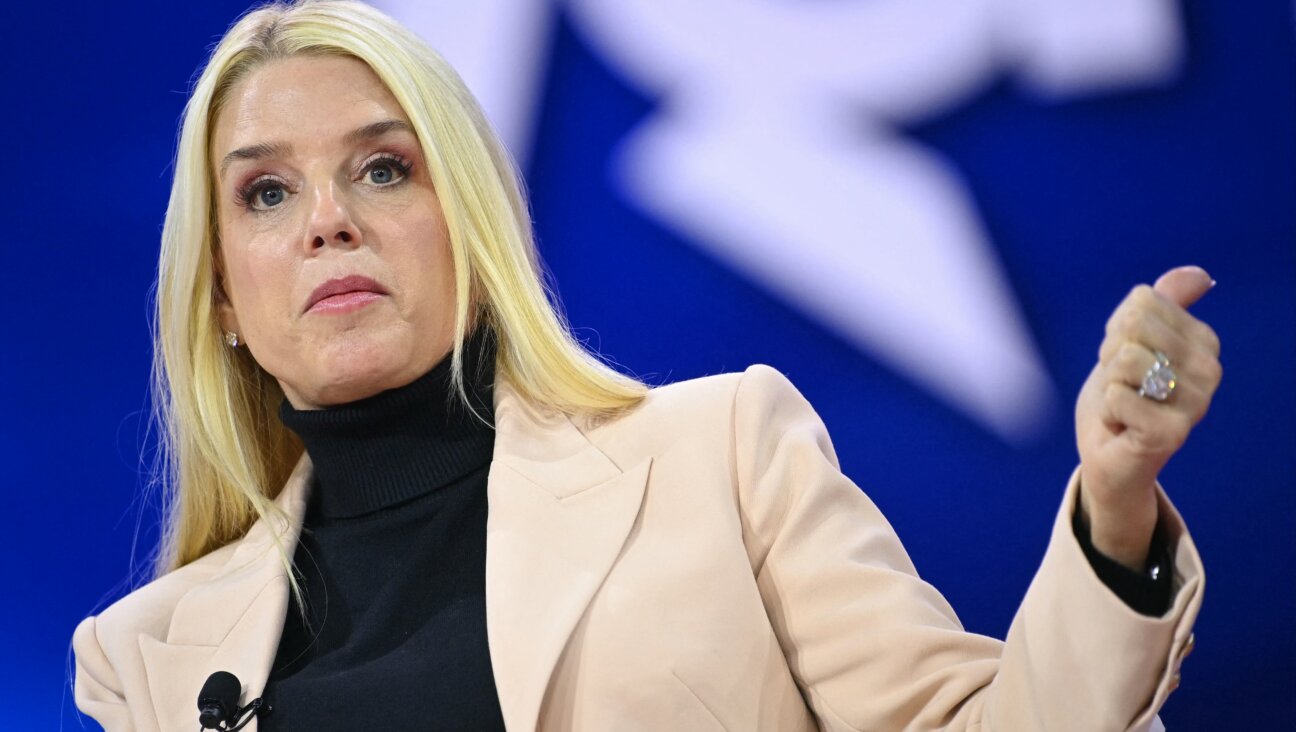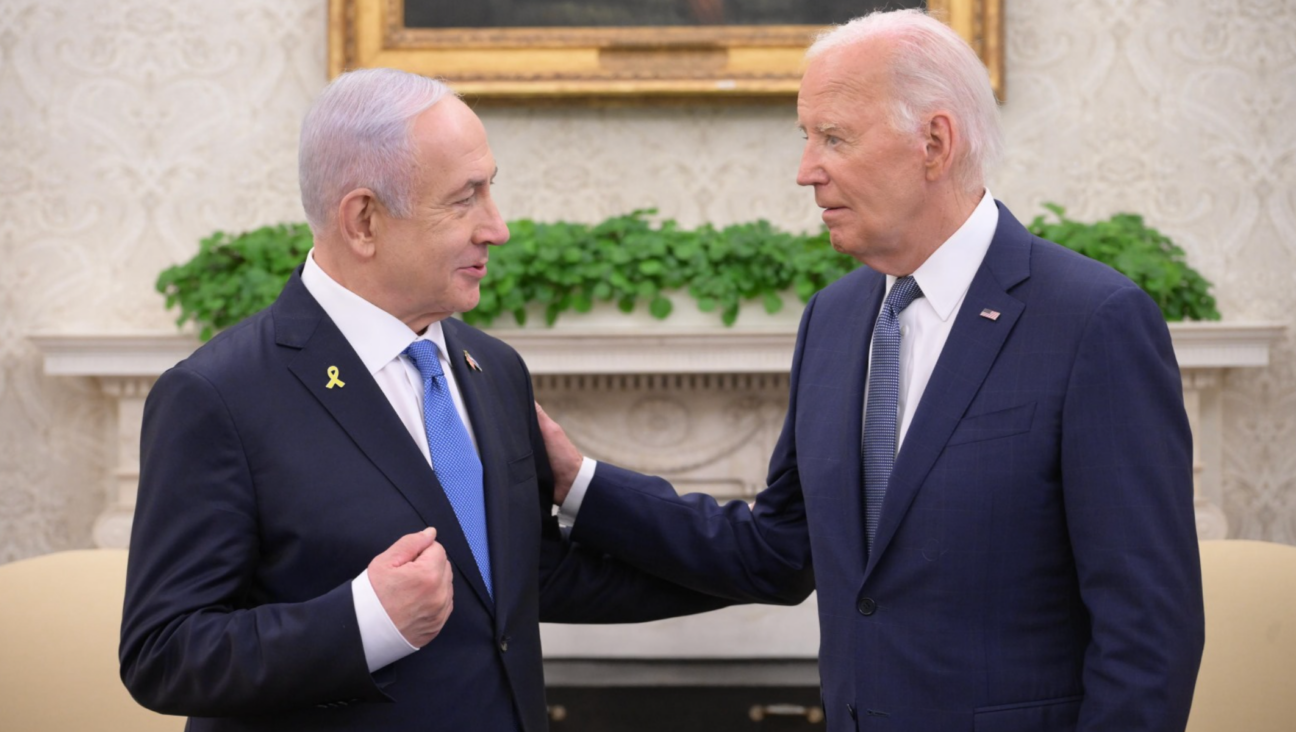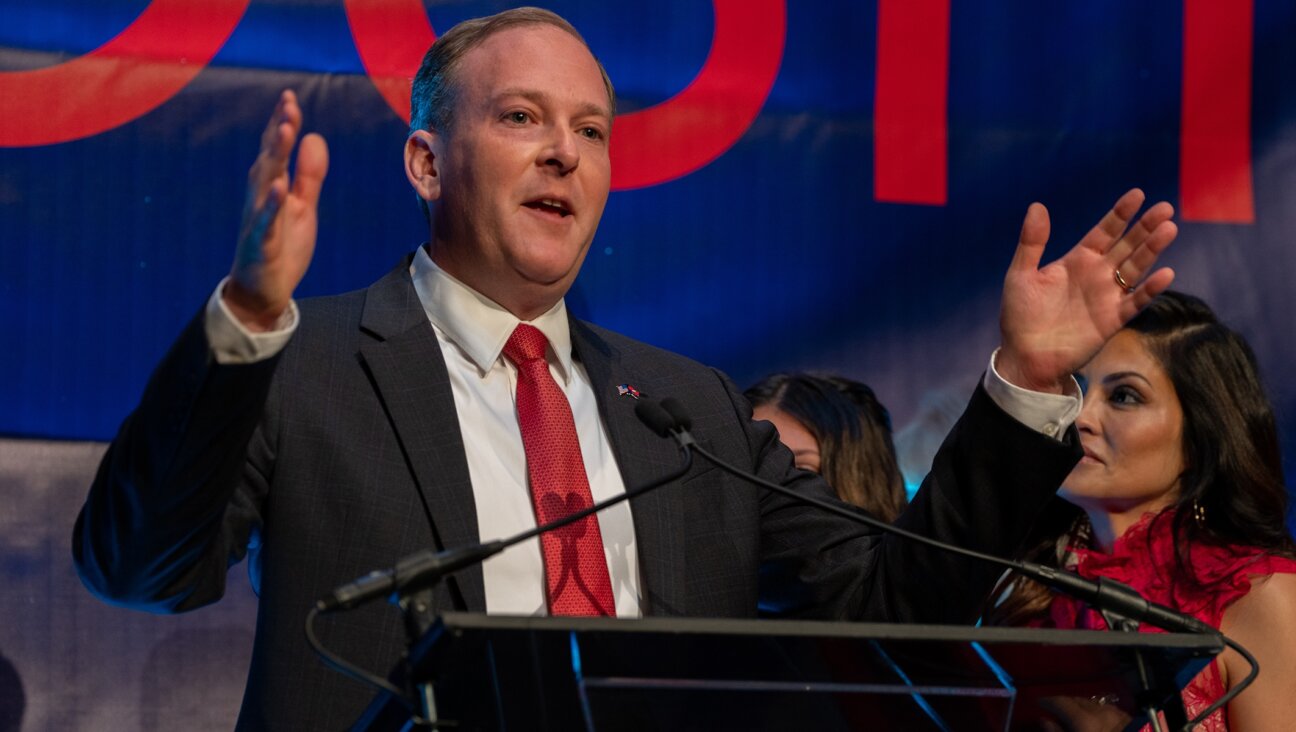Finding a Healthy Balance
Now that Washington is finally getting to work on long-awaited, desperately needed health care reform, lobbyists and pressure groups are circling the arena like cornered tigers ready to pounce. That’s how democracy works. It’s important, though, that all voices are heard — that money doesn’t do all the talking.
One essential voice is that of the Jewish community. Judaism’s ageless values of choosing life and protecting the weak were central in shaping the Western ethos across the millennia. They urgently need repeating.
A draft statement of health care principles is now circulating for ratification among some of America’s most powerful Jewish groups. The initiators are United Jewish Communities, representing federated Jewish charities nationwide, and the Jewish Council for Public Affairs, uniting a dozen-plus key advocacy groups from the Anti-Defamation League to the Orthodox Union to the Jewish Labor Committee. The result will be seen in Washington as the voice of American Jews, and will carry serious heft.
The drafters say they had two goals: first, advancing Jewish values, and second, protecting the multibillion-dollar Jewish network of hospitals, nursing homes and other services.
The result is a strong if imperfect statement of real reform: Universal access to health services. Special protection for the poor by strengthening Medicaid. Reliable coverage for long-term services, critical to a community heavily committed to senior care. An end to discrimination against those with pre-existing medical conditions. And, most contentious right now, a government-backed plan alongside private insurance plans.
Those are essential principles. Putting the Jewish community on record sends a powerful message to our neighbors — and to our children. It’s also in line with President Obama’s goals, rightly adding our voice as the battle over health care reform approaches.
In some ways, though, the draft is a step backward. It doesn’t urge separating health care from employment, a longstanding position of the JCPA, now more critical than ever. Making employers pay for what workers abroad get from government hurts U.S. competitiveness. Breaking the link isn’t realistic now, but markers should be laid down for the future.
Also missing is a reaffirmation of the agencies’ longtime belief in the ideal of a single, government-sponsored national health insurance of the sort familiar to most of the industrialized world. It’s been the Jewish agencies’ stance as far back as the 1970s, restated as recently as 2007.
Opponents say medical decisions should be left to patients and doctors, not faceless government bureaucrats. But most Americans’ care is dictated today by faceless insurance company bureaucrats. Largely as a result, studies show, we spend 31% of our $2.5 trillion annual health bill on paperwork, twice what European countries typically pay.
Perhaps this isn’t the moment for messianic visions. But visions, even when out of reach, must be kept in view.
A message from our CEO & publisher Rachel Fishman Feddersen

I hope you appreciated this article. Before you go, I’d like to ask you to please support the Forward’s award-winning, nonprofit journalism during this critical time.
We’ve set a goal to raise $260,000 by December 31. That’s an ambitious goal, but one that will give us the resources we need to invest in the high quality news, opinion, analysis and cultural coverage that isn’t available anywhere else.
If you feel inspired to make an impact, now is the time to give something back. Join us as a member at your most generous level.
— Rachel Fishman Feddersen, Publisher and CEO























